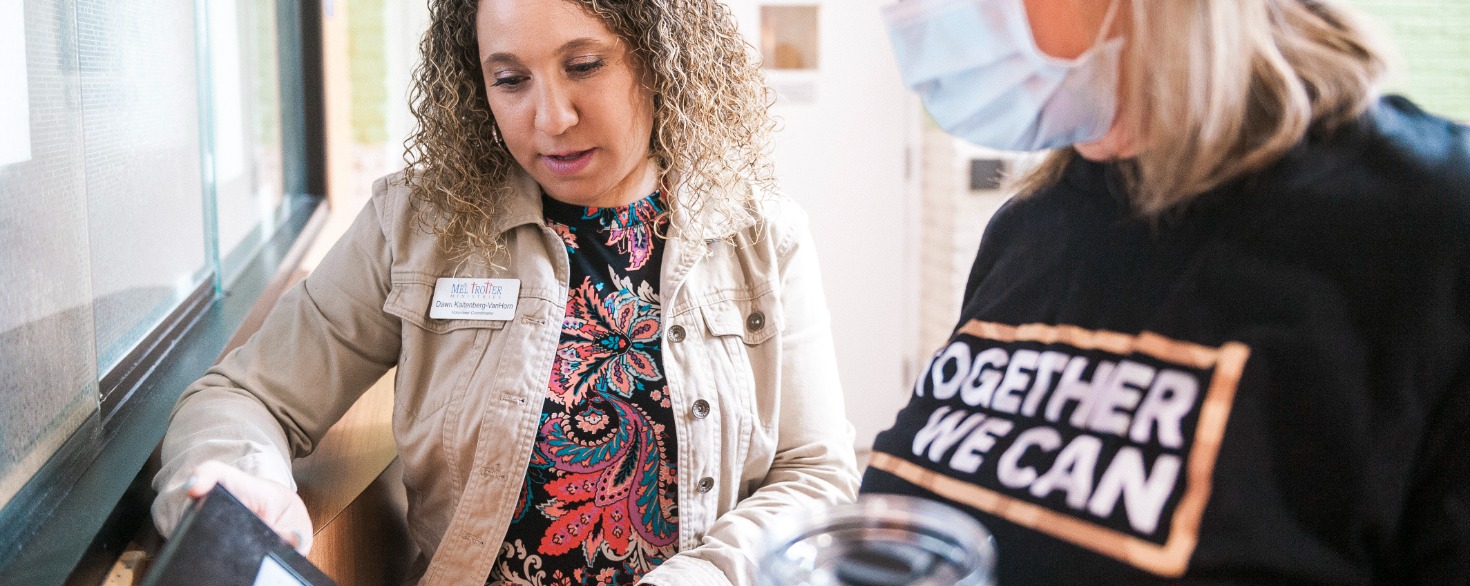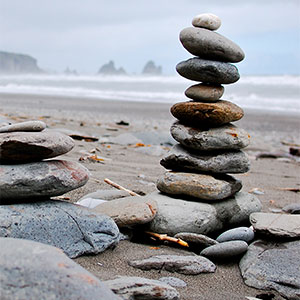
Have you ever stood in a museum, gazed upon a priceless painting and thought to yourself, “I wish I could do that”?
Perhaps it was the last time you read a masterwork of literature. You wondered what it took the author to conjure up such a timeless and impactful story.
Or possibly your mind races upon hearing a classic and awe-inspiring piece of music with notes from a piano created by a genius on a level that is hard to fathom.
No doubt we all share a story of creative envy.
Whether it’s of a well-known artist in any number of disciplines or something closer to home such as a fellow student or co-worker, there’s always that idea or new creation we wish we’d have thought of.
Contrary to popular belief though, we all have a creative streak.
Maybe it’s not in the areas typically associated with being creative, but we all possess the ability to create; to make something new and valuable.
Being creative is more than just producing that clever, new something.
Creativity is a vitally important facet to human development.
To understand why, we must first understand what creativity is and why it’s so essential.
What Is Creativity?
If you look up the definition of creativity, you will find something along the lines of using your imagination to create a new idea or object.
In almost all cases, you’ll see a reference to that creation being of an artistic nature.
While that may be true, a definition like that doesn’t seem to do justice to the actual broadness and scope of creativity. After all, creativity is found in far more places than on canvas, within the pages of a book or across the keys of a piano.
Creativity drives us to not only create but to innovate.
Consider all of the minds behind what it took to give us the smartphone of today. Thousands of individuals, from the coders to the marketers to the app developers, conspired to bring something into existence that once was unimaginable.
Not only does it have a significant impact on their lives, but as one of the greatest single developments of any century, the smartphone has profoundly impacted the day to day life of every person who owns one.
Famed psychologist, Mihaly Csikszentmihalyi, who first identified the mental state of flow, wrote the book “Creativity: Flow and the Psychology of Discovery and Invention.”
A leading theorist in the positive mental state, he describes creativity as, “a central source of meaning in our lives … most of the things that are interesting, important, and human are the results of creativity … [and] when we are involved in it, we feel that we are living more fully than during the rest of life.”
As evidenced by our example of the smartphone, creativity applies to more than just a student sitting in an art class.
Creativity is about doing meaningful and fulfilling activities. This goes far beyond traditional “creative” activities, such as painting or writing.
Rather, you can find meaning within the columns and rows of a spreadsheet, the slides of a PowerPoint or the code inside a program—where inventiveness is equally as important logic.
Creativity can be deployed anywhere.
So then, how does that translate into the creativity of individuals? And is an inventive mind merely the property of those born with an innate sense of discovery, or can anyone be creative?
Can Anyone Be Creative?
Based on the previous definition, creativity invokes both the artistic and the analytical. It takes creativity to not only create music but to develop the technology and device to play it.
Can we conclude that anyone, anywhere can be creative?
The answer is yes, absolutely. Much like the tools used to create, creative thinkers come in all forms. It’s not just a trait you are born with.
Early on in our lives, we are encouraged, and even taught, to explore, ask questions and be curious. We are pushed to discover more about both our immediate environment and the world that looms larger in our future.
Of course, some people are far more inquisitive than others, but the point is that initially, we all have the capacity to stretch our curiosity.
Too often though, as we age, that initial spark of inventiveness gives way to a more rigid thought process.
A spreadsheet is a tool, not a toy.
A PowerPoint presentation is a communication device, not a canvas.
It’s what leads us to view ourselves as void of innovation, unable to realize that the spreadsheet and the PowerPoint are the same as an unwritten novel.
Unfortunately, this is a trend we’ve seen for many years.
Case in point is the creativity test that George Land, Ph.D., and Beth Jarman, Ph.D., administered to 1,600 children in 1968.
The test started with children ranging in ages from three to five and then progressed as they grew older. The kids were re-tested at age 10 and again at age 15. The goal was to have them take a problem and figure out an innovative solution.
At age five, 98% of the subjects scored at a genius level. In other words, their creativity and originality in coming up with a new way of addressing the problem was extremely high.
At age 10, the number decreases dramatically to 30%.
By age 15, only 12% of the children tested scored at a genius level of creativity.
When administering a similar test to 280,000 adults with an average age of 31, the results were abysmal, with only 2% hitting the genius level of creativity.
Disheartening sure, but those results do not directly translate to a population who has forever lost their creative drive.
On the contrary, as our histories indicate, we’ve learned and immersed ourselves in the creative process once before and can no doubt do it again.
More than wanting to be creative, developing our creativity is something we should strive to do. More accurately, it’s something we need to do if we are to experience a truly fulfilling existence.
Why Do We Need to Be Creative?
It’s not an overstatement to suggest that creativity may be one of the most important attributes a person can have.
We’ve discussed the physical nature of creativity in areas such as art, business, innovation, but its impact on us is far more profound.
In fact, it can help us live longer.
More than just longevity though, taking a creative approach in all aspects of your life—from the professional to the personal—can impact you in a number of positive ways.
Three of the most critical include:
Keeps You Engaged
Plenty of health problems stem from us losing our engagement with the larger world, such as depression and Alzheimer’s.
Seeking out avenues of creativity pushes us to keep learning and interacting, whether it’s finding a piece of data online or cultivating social relationships with other curious, like-minded individuals.
Much like exercise works out your body and maintains your physical health, creativity, and the processes involved with discovery, ensure you maintain your mental well-being, as well.
Helps Reduce Stress
Engaging in creative endeavors produce a similar effect on your brain as that of meditation.
It doesn’t matter the activity either. By losing yourself in some activity that stimulates your imagination such as reading, writing, knitting, baking, listening to music and yes, even creating a new procedure for business, the process helps you decompress.
According to a study originally published in the American Journal of Public Health, the simple act of being in the presence of creativity can also do wonders for your frame of mind.
So admiring that piece of art in a museum should never be a source of envy but one of inspiration.
Improves Necessary Skills
Creativity isn’t solely about the creation of something new. It also lends itself to developing vital skills we need to be successful. For example:
Engaging in creative exercises helps build our problem-solving skills from finding a new method of completing an old task or generating something that is totally brand new. In turn, that success increases our confidence levels—we’ve achieved a discovery and now have the acumen to try it again.
It also provides us with the path to be more open-minded and patient with others. This ensures that we are willing to accept more ideas and look at scenarios with greater depth, which makes us better thinkers and more prepared to take on significant challenges.
Final Thoughts
Creativity is more than drawing a picture or strumming a guitar. It’s a vital component to our overall well-being.
If we strive to take the right approach to find new ways to express our creativity it not only will improve our personal lives but our professional standing as well.
The next time you are in a museum staring at that masterpiece on the wall, don’t consume yourself with thoughts of “I wish I could do that.”
Instead, focus on and appreciate what it took to generate such brilliant work, and ask yourself what it is that you can create.
Pair Your Creativity With a Degree
To grow in your creativity, it’s important to engage in activities that fuel it. Our associate through doctoral degree programs can help boost your curiosity and develop solutions for your workplace.












